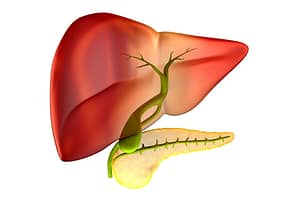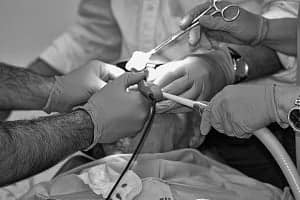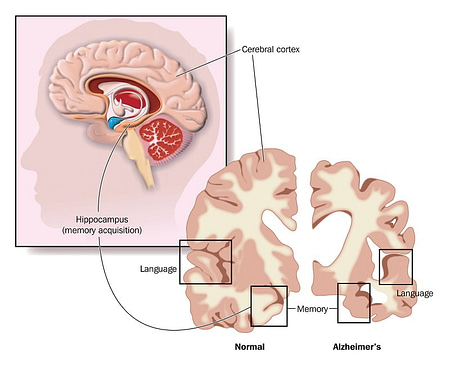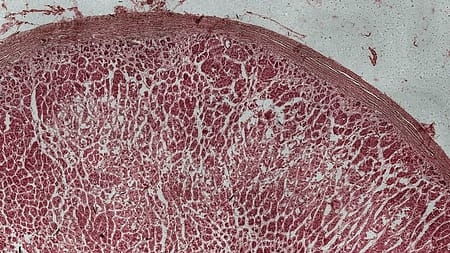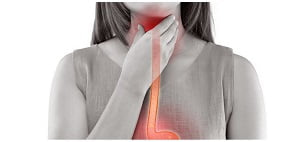Browsing: Gastroesophageal Reflux Disease
Comprehensive Information, Resources, and Support on Gastroesophageal Reflux Disease (GRED)
Gastroesophageal reflux disease (GERD) is a chronic condition caused due to the weakening or relaxation of the lower esophageal sphincter (LES) valve. As a result, the stomach contents backflow into the esophagus. There are many causes behind GERD symptoms; however, tobacco and alcohol consumption can worsen the symptoms leading to irritation and heartburn.
GERD Surgery
Gastroesophageal reflux disease (GERD) is a chronic or severe condition of acid reflux. Patients who do not get relief from medications and lifestyle modifications may be recommended GERD surgery. Since GERD is characterized by damaged or weakened LES valve in most cases, the surgery focuses on replacing the LES valve to avoid acid reflux. Read more about surgical options for GERD treatment.
Foods to Help With GERD
Food plays an essential role in the development and prevention of GERD symptoms. GERD occurs if you consume a food that is hyper acidic (Containing a large amount of acid). Hyper acidic foods increase the amount of acid in the stomach, which causes the relaxation of the LES valve. As a result, the stomach acid backflows into the esophagus leading to GERD symptoms
Acid Reflux and Pregnancy
Most pregnant women experience heartburn and indigestion due to acid reflux. Acid reflux is very common during pregnancy due to the elevation of hormone levels. The feelings like discomfort due to heartburn may sometimes cause frustration in pregnant women. During pregnancy, most women experience acid reflux symptoms, usually in the second and third trimesters.
Acid Reflux at Night
Acid reflux is a condition characterized by stomach acid’s backflow into the esophagus (a tube connecting mouth and stomach). Most predominantly at night, people having acid reflux symptoms are often unable to sleep and develop symptoms like heartburn, indigestion, nausea, and chest pain.
Gastroesophageal reflux disease is a condition in which the stomach acid backflow into the esophagus (food pipe), leading to heartburn symptoms. There are various effects of improper posture on your GERD symptoms such as it creates a pressure on the abdominal walls, which in turn results in the back flow of acidic contents onto the esophagus (acid reflux).
GERD is a disease characterized by heartburn, chest pain, and indigestion after taking a large meal or some spicy food. GERD does not only affect adults, but children can also have it due to their unhealthy eating habits.


